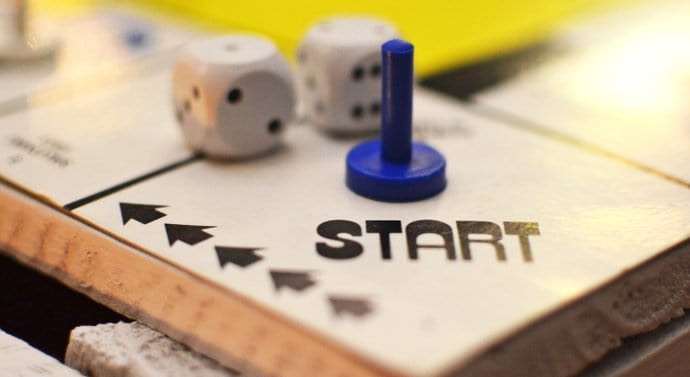5 Fun Games to Build Reading Skills for Kids with Dyslexia
Helping a child with dyslexia learn to read can feel challenging, but it doesn’t have to be boring! Turning learning into play is one of the best ways to build confidence and essential reading skills.


Helping a child with dyslexia learn to read can feel challenging, but it doesn’t have to be boring! In fact, turning learning into play is one of the best ways to build confidence and essential reading skills. Below, I’ll share five fun and engaging games designed to support kids with dyslexia. Whether you’re a parent, teacher, or tutor, these activities can turn practice into playtime!
Word Detective
In this game, your child becomes a detective searching for specific words or sounds.
How to play:
Give your child a list of sight words, phonics patterns (like “ch” or “ee”), or target words they are learning. Have them “hunt” for these words in a book, magazine, or even signs around the house.Why it helps:
This game encourages scanning skills and reinforces word recognition and phonics patterns.
Silly Rhyming Challenge
Kids with dyslexia often benefit from developing phonological awareness, and rhyming games are a fun way to practice.
How to play:
Start with a simple word (like “cat”), and take turns coming up with as many rhyming words as possible. Add a twist by making silly, nonsense words too!Why it helps:
This game strengthens the ability to hear and manipulate sounds in words, a key skill for decoding.
Sound Hopscotch
Combine movement with learning by creating a phonics hopscotch!
How to play:
Draw a hopscotch board with chalk or use painter’s tape indoors. Write letters, word chunks (like “at,” “in”), or sight words in each square. Call out a sound or word, and your child hops to the matching square.Why it helps:
This multisensory approach helps kids connect movement with phonics and word recognition, making it easier to remember tricky patterns.
Memory Match with a Twist
Classic memory games can be adapted to practice reading skills.
How to play:
Create pairs of cards with matching words, or pair words with their corresponding pictures. Flip the cards over and take turns matching them.Why it helps:
This builds visual memory, attention to detail, and vocabulary, all of which are important for reading fluency.
Roll and Read
Turn reading practice into a game of chance with a dice!
How to play:
Create a chart with different reading tasks for each number on the dice. For example:
1 = Read a sight word.
2 = Read a CVC word (like “cat”).
3 = Read a sentence.
4 = Clap out the syllables in a word.
5 = Find a rhyming word.
6 = Choose any task.
Roll the dice and complete the task!Why it helps:
The randomness keeps the game exciting, and it provides repeated practice in a variety of reading skills.
Final Thoughts
When learning feels like play, kids with dyslexia are more likely to stay engaged and build confidence in their reading skills. Try these five games at home, during tutoring sessions, or even in the classroom to make reading practice fun and effective!
I'd love to chat.
Tell me a little bit about your child and a few of your concerns or struggles (E.g., reading, spelling, vocabulary skills, letters and sounds, etc.)


